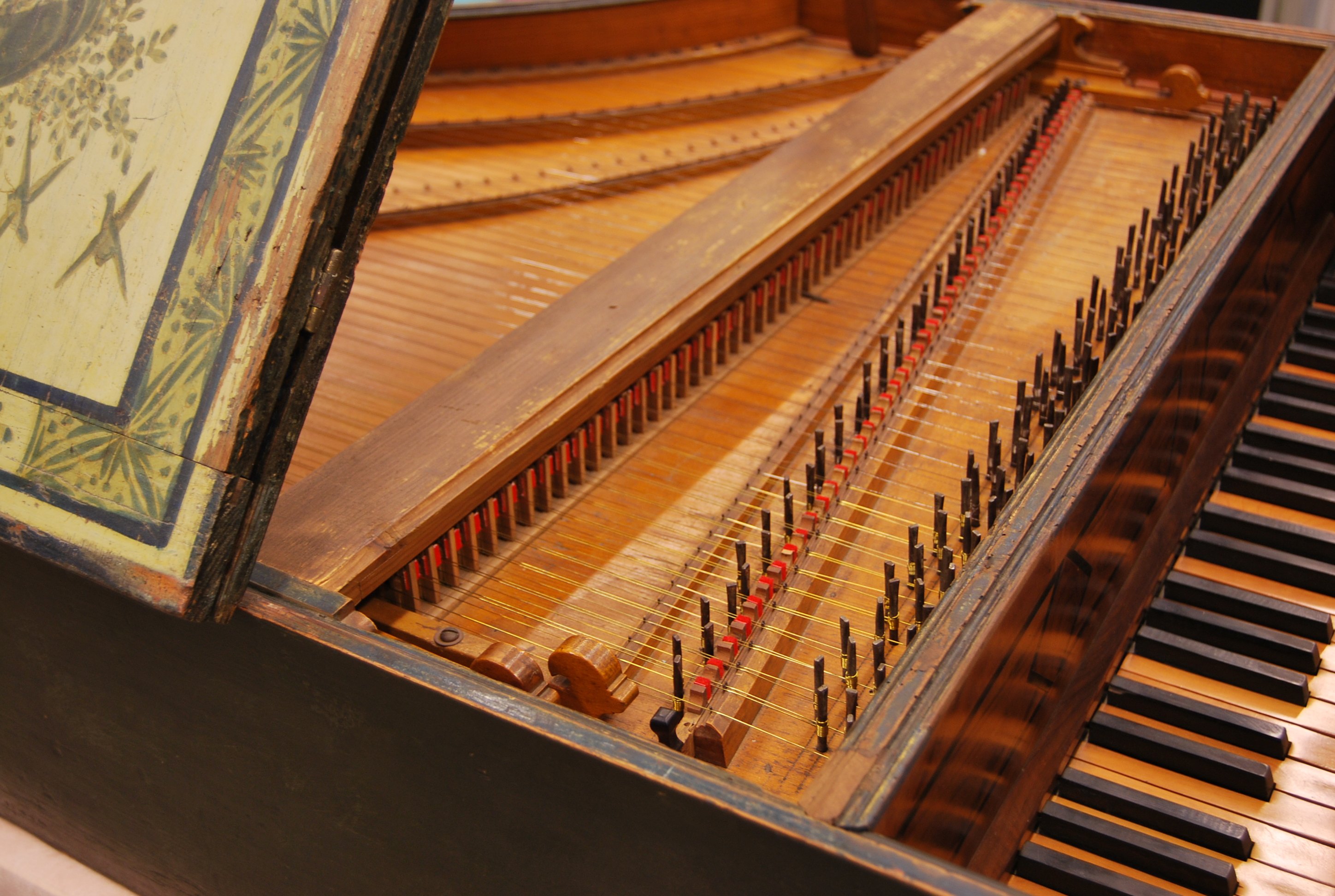With the start of the new year, harpsichordist Andrew Appel and the Hudson Valley, New York-based Four Nations Ensemble are launching an exciting new baroque music initiative.
“A Four Nations Concise Dictionary of Music” will offer a new recording and program notes, monthly. With this new model, Appel hopes to reach new audiences. When I contacted him a few days ago, Appel explained,
We were disappointed with the effectiveness of getting our performances to a large public using the mode of commercial CDs. Though we got reviewed for our work, we did not get a significant listening audience because of them. This new serialized method of getting our music out to a large pubic is more effective and generous than the CD model. New technologies solve some issues and challenge us with others, all to the goal of spreading the word. For anyone interested, listening can be free on YouTube and program notes are available to anyone on our mailing list (www.fournations
.org) or by request. If someone wants to purchase the sound files (offering better sound quality than YouTube) they are available on CD Baby and iTunes. Our aim is to reach as many ears as we can and to underline or convince new Baroque enthusiasts of the wondrous repertory, both familiar and obscure, we have to enjoy.
This month, as a prequel, Andrew Appel released this dynamic performance of the 1738 Passacaglia from Uranie by German Baroque composer, Johann Caspar Ferdinand Fischer (1656-1746). Here are Appel’s program notes:
I “met” this masterful passacaglia through the recording of Wanda Landowska in 1965. My closest friend gave it to me for my birthday and this recording and her performances of Scarlatti turned me into a harpsichordist. Landowska’s approach was to grandeur, the sublime. She was not interested in the work’s roots in dance, or the rhetorical phrases. Listening today we might feel that the great Wanda saw this passacaglia as a tone poem more akin to Liszt and Berlioz than Bach and Muffat. She was wise. She illuminated the power of this French inspired German music and I remember listening with chills of emotion invading me. It was a piece of music to give strength in times of pain and loss, and a work that addressed the great questions we ask to an un-answering universe.
As I play this work today, I am amazed at how Fischer, like Bach, is able to combine so many worlds into one work. There is that sublime profound statement that Landowska heard AND there is the sensuous world of French ballet. There is the heady intelligence of the German organist and master of counterpoint and there is the virtuoso keyboard player who is able to draw so many sonorities from the disembodied and seemingly endless trills embedded in melody and bass to the rich victory of large sonorous chords filling a German Gothic church.
Fischer, similar to Muffat and Bach, shows us that at a distance from Paris, German masters are able to imbue the chaconne and passacaglia with a weight and unsuspected importance but remain as graceful as a dancer’s lyrical arm reaching towards the stars.


Youve made me a happy man Mr Judd and done Four Nations a great good deed. Thank you. Andrew